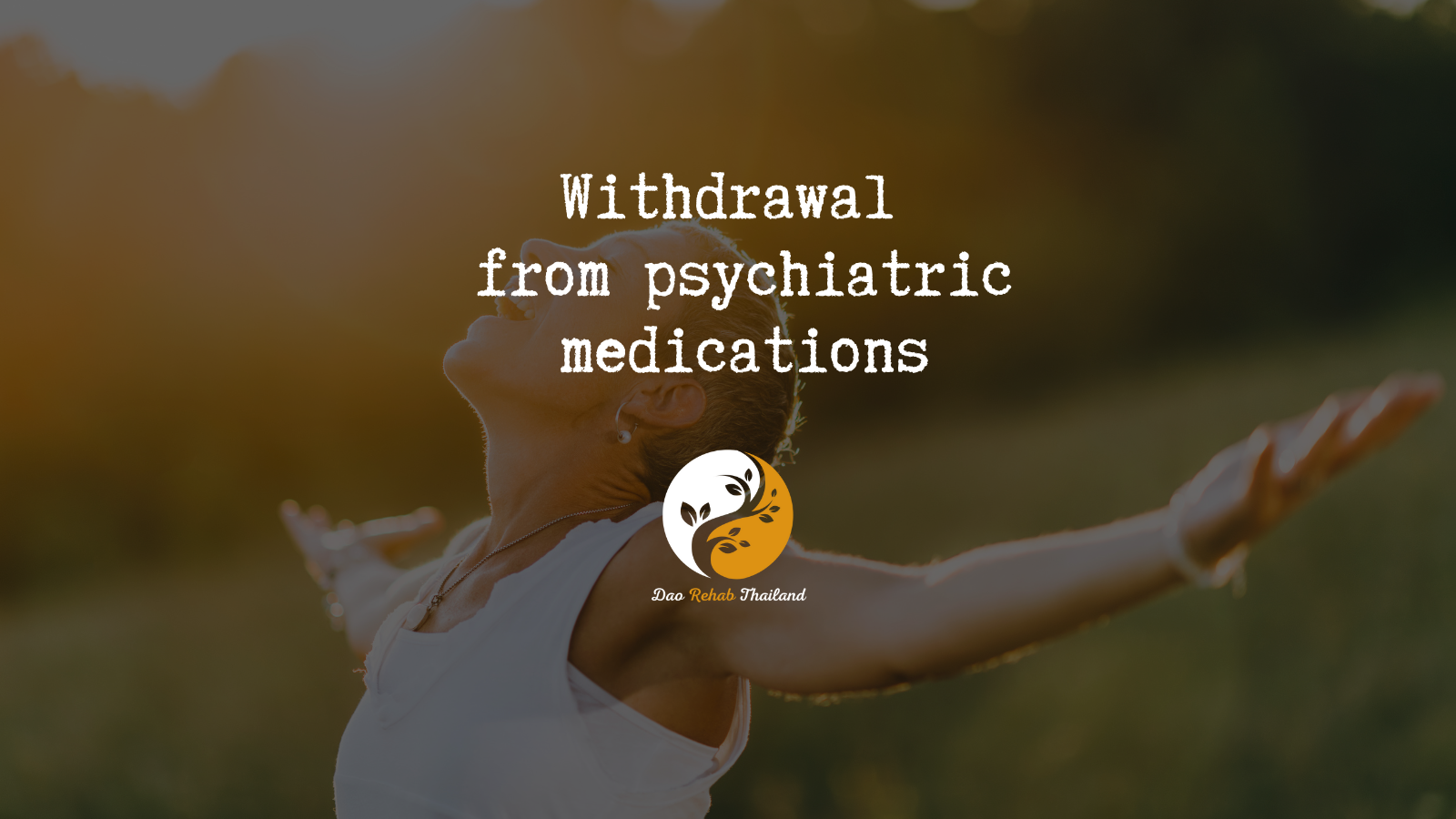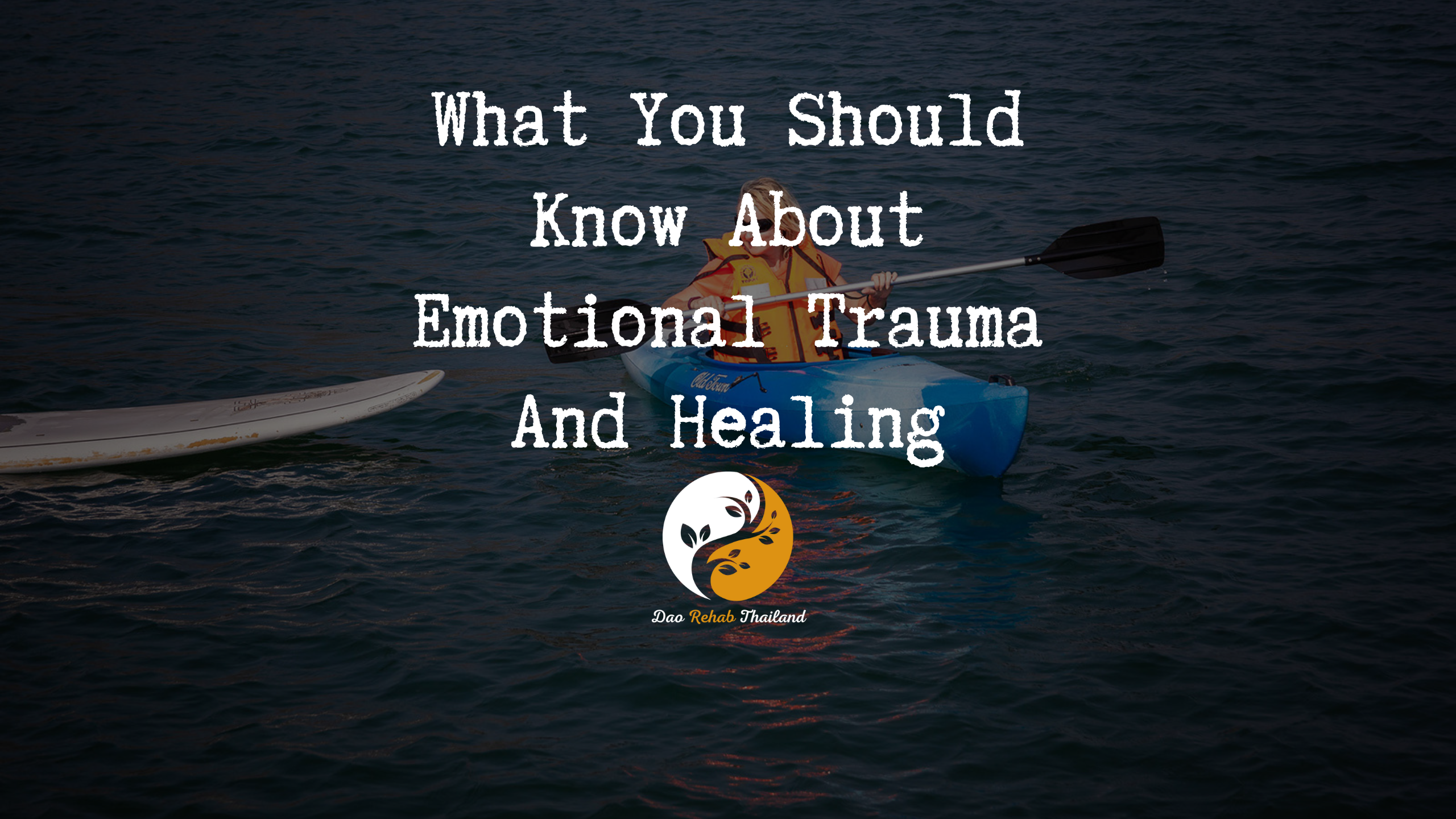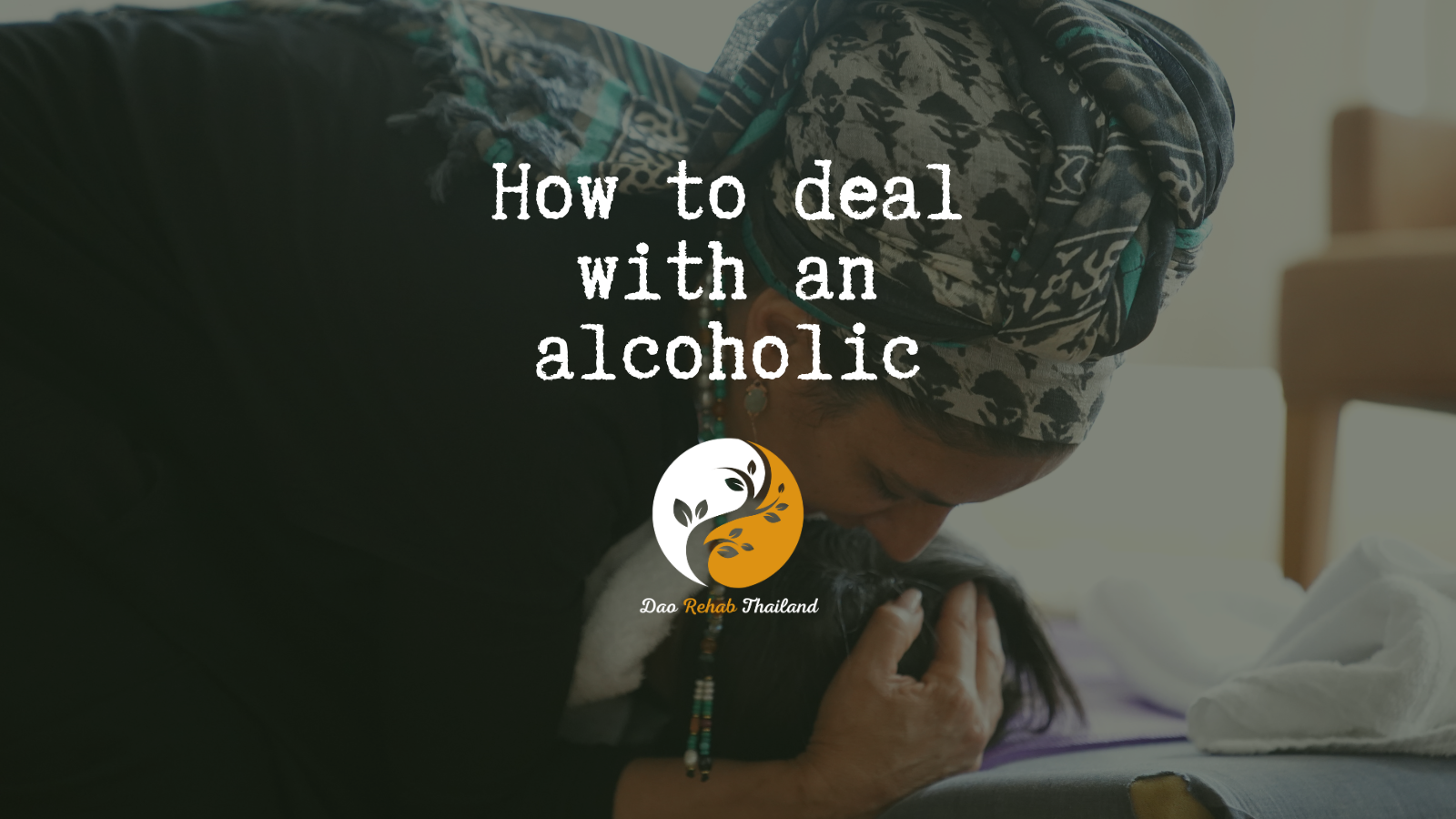
Addiction to prescription pills
Addiction to prescription pills
“Turning the impossible into possible”

"Detox from prescription pills at a Luxury Holistic Center in Thailand and Israel"

Addiction to prescription pills
Prescription drug abuse is the use of a prescription medicine in a way not intended by the prescriber. Prescription drug abuse, also called prescription drug misuse, includes everything from taking a friend’s prescription painkiller for your backache to snorting or injecting ground-up pills to get high. Prescription drug abuse may become ongoing and compulsive, despite the negative consequences.
An increasing problem, prescription drug abuse can affect all age groups, including teens. The prescription drugs most often misused include opioid painkillers, anti-anxiety medicines, sedatives and stimulants.
Early identification of prescription drug abuse and early intervention may prevent the problem from turning into an addiction.
"Holistic Center for Trauma, Addiction, and Mental Imbalance Treatment in Thailand"
“Come to the beginning of your journey to freedom from addiction to alcohol, drugs, and pills, and rediscover your life within the serene embrace of DaoTherapy Rehab in Thailand—where holistic healing meets empowering recovery.”
DaoTherapy Holistic Rehab
Key Elements of prescription pills Detox:
Medical Supervision: prescription pills detox must be conducted under medical supervision, as the body may experience withdrawal symptoms. These can include nausea, anxiety, muscle aches, and insomnia. A medical team will monitor and manage these symptoms to ensure the patient’s safety and comfort.
Holistic Therapies:
Holistic Therapies: Many detox programs incorporate holistic therapies such as mindfulness, yoga, and meditation to help individuals cope with stress and anxiety during the detox process. These therapies support the mind-body connection and contribute to overall recovery.
Tapering Process
Tapering Process: prescription pills detox often involves a gradual tapering of the drug to reduce withdrawal severity. Doctors will slowly decrease the dosage over time to allow the body to adjust to lower levels of the substance.
Psychological Support:
Psychological Support: Like any addiction recovery process, detox from prescription pills includes psychological support. This can involve counseling, therapy, or support groups to address the mental and emotional aspects of addiction.
Post-Detox Treatment:
Post-Detox Treatment: After completing detox, continuing treatment is crucial to prevent relapse. This often includes participation in ongoing therapy, group support, and the development of new coping strategies to maintain sobriety.
Symptoms
Signs and symptoms of prescription drug abuse depend on the specific drug. Because of their mind-altering properties, the most misused prescription drugs are:
- Opioids used to treat pain, such as medicines containing oxycodone (Oxycontin, Percocet) and those containing hydrocodone (Norco)
- Anti-anxiety medicines, sedatives and hypnotics used to treat anxiety and sleep disorders, such as alprazolam (Xanax), diazepam (Valium) and zolpidem (Ambien)
- Stimulants used to treat attention-deficit/hyperactivity disorder (ADHD) and certain sleep disorders, such as methylphenidate (Ritalin, Concerta, others), dextroamphetamine-amphetamine (Adderall XR, Mydayis) and dextroamphetamine (Dexedrine)

contact us
Contact us with your questions
We would love to speak with you! Feel free to reach out with any questions.

get in touch
Schedule a free consultation
Schedule a free consultation with our team and let’s make things happen!
Signs and symptoms of prescription drug abuse
Opioids
- Constipation
- Nausea
- Feeling high
- Slowed breathing rate
- Drowsiness
- Confusion
- Poor coordination
- Increased dose needed for pain relief
- Worsening or increased sensitivity to pain with higher doses
Anti-anxiety medicines and sedatives
- Drowsiness
- Confusion
- Unsteady walking
- Slurred speech
- Poor concentration
- Dizziness
- Problems with memory
- Slowed breathing
Stimulants
- Increased alertness
- Feeling high
- Irregular heartbeat
- High blood pressure
- High body temperature
- Reduced appetite
- Insomnia
- Agitation
- Anxiety
- Paranoia
Other signs
- Forging, stealing or selling prescriptions
- Taking higher doses than prescribed
- Being hostile or having mood swings
- Sleeping less or more
- Making poor decisions
- Being unusually energetic, high or revved up
- Being drowsy
- Requesting early refills or continually “losing” prescriptions, so more prescriptions must be written
- Trying to get prescriptions from more than one prescriber
When to see a doctor
Talk with your health care provider if you think you may have a problem with prescription drug use. You may feel embarrassed to talk about it — but remember that medical professionals are trained to help you, not judge you. It’s easier to face the problem early before it becomes an addiction and leads to more-serious problems.
Causes
Teens and adults abuse prescription drugs for many reasons, such as:
- To feel good or get high
- To relax or relieve tension
- To ease pain
- To reduce appetite
- To increase alertness
- To experiment with mental effects of the substance
- To maintain an addiction and prevent withdrawal
- To be accepted by peers or to be social
- To try to improve concentration and school or work performance
Risk factors
Some people fear that they may become addicted to medicines prescribed for medical conditions, such as painkillers prescribed after surgery. But you can reduce your risk by carefully following your health care provider’s instructions on how to take your medicine.
Prescription drug abuse is highest among teens and young adults.
Risk factors for prescription drug misuse include:
- Past or present addictions to other substances, including alcohol and tobacco
- Family history of substance abuse problems
- Certain preexisting mental health conditions
- Peer pressure or a social environment where there’s drug use
- Easier access to prescription drugs, such as having prescription medicines in the home medicine cabinet
- Lack of knowledge about prescription drugs and their potential harm
Psychological Support:
Psychological Support: Like any addiction recovery process, detox from Subutex includes psychological support. This can involve counseling, therapy, or support groups to address the mental and emotional aspects of addiction.
Older adults and prescription drug abuse
Prescription drug abuse in older adults is a growing problem, especially when they combine drugs with alcohol. Having multiple health problems and taking multiple drugs can put people at risk of misusing drugs or becoming addicted.
Complications
Abusing prescription drugs can cause a number of problems. Prescription drugs can be especially dangerous — and even lead to death — when taken in high doses, when combined with other prescription drugs or certain over-the-counter medicines, or when taken with alcohol or illegal or recreational drugs.
Medical consequences
Here are examples of serious consequences of prescription drug abuse:
- Opioids can cause a slowed breathing rate and potential for breathing to stop. Opioids can also cause coma. An overdose can lead to death.
- Anti-anxiety medicines and sedatives — medicines to help you feel calm or less anxious — can cause memory problems, low blood pressure and slowed breathing. An overdose can cause coma or death. Abruptly stopping the medicine may cause withdrawal symptoms that can include an overactive nervous system and seizures.
- Stimulants can cause an increase in body temperature, heart problems, high blood pressure, seizures or tremors, hallucinations, aggressiveness, and paranoia.
Physical dependence and addiction
Because commonly abused prescription drugs activate the brain’s reward center, it’s possible to develop physical dependence and addiction.
- Physical dependence. Physical dependence, also called drug tolerance, is the body’s response to long-term use of a drug. People who are physically dependent on a drug may need higher doses to get the same effects and may experience withdrawal symptoms when cutting back or abruptly stopping the drug.
- Addiction. People who are addicted to a drug can have physical dependence, but they also compulsively seek a drug and continue to use it even when that drug causes major problems in their lives.
Other consequences
Other potential consequences include:
- Engaging in risky behaviors because of poor judgment
- Using illegal or recreational drugs
- Being involved in crime
- Being involved in motor vehicle accidents
- Showing decreased school or work performance
- Having troubled relationships
Prevention
Prescription drug abuse may occur in people who need painkillers, sedatives or stimulants to treat a medical condition. If you’re taking a prescription drug that commonly leads to drug misuse, here are ways to reduce your risk:
- Make sure you’re getting the right medicine. Make sure your health care provider clearly understands your condition and the signs and symptoms. Tell your health care provider about all your prescriptions, as well as over-the-counter medicines, herbs and supplements, and alcohol and other drug use. Ask your doctor whether there’s another medicine with ingredients that have less potential for addiction.
- Check in with your health care provider. Talk with your health care provider on a regular basis to make sure that the medicine is working and you’re taking the right dose.
- Follow directions carefully. Use your medicine the way it was prescribed. Don’t stop or change the dose of a drug on your own if it doesn’t seem to be working without talking to your health care provider. For example, if you’re taking a pain medicine that isn’t adequately controlling your pain, don’t take more.
- Know what your medicine does. Ask your health care provider or pharmacist about the effects of your medicine, so you know what to expect. Also check if other drugs, over-the-counter products or alcohol should be avoided when taking this medicine.
- Never use another person’s prescription. Everyone is different. Even if you have a similar medical condition, it may not be the right medicine or dose for you.
- Don’t order prescriptions online unless they’re from a trustworthy pharmacy. Some websites sell counterfeit prescription and over-the-counter drugs that could be dangerous.
Psychological Support:
Psychological Support: Like any addiction recovery process, detox from Subutex includes psychological support. This can involve counseling, therapy, or support groups to address the mental and emotional aspects of addiction.








